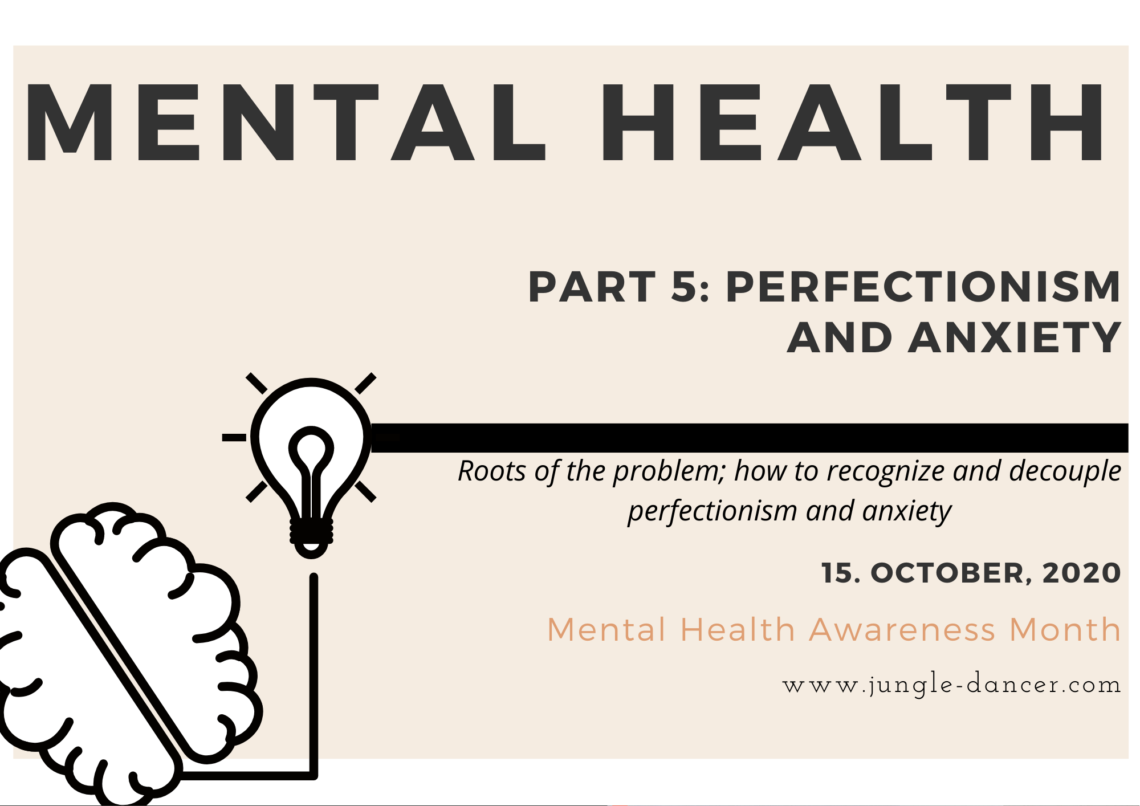
Perfectionism and anxiety: How is the fear of failure hindering our progress?
I have heard it too often: perfectionism and anxiety are best friends. The problem is, they are also, often, our worst enemy.
Maybe the connection between perfectionism and anxiety is rather “close to home”, since I am and I have always been surrounded with extremely ambitious and smart people. The wish to not only keep up pace with them, but to also keep it up flawlessly, have made me feel rather exhausted at times.
I remember being borderline ridiculed in high school for my neat notebooks. Or, for drawing the fraction line with a ruler (until University, because there ain’t no body got time for that!). Even now, my boyfriend still struggles to understand that when I order my sweaters by color; or, tell him “this is how it is supposed to be” for the silliest of things; is not because I want to annoy him, but because these idiosyncrasies have become such a crucial part of my character, that I do no always have control or choice over them. Sadly.
Perfectionism and anxiety: the roots of the problem
Why is perfectionism so often leading to anxiety? Wouldn’t one think that if we are doing everything perfectly then we will be happy and successful? This idea might be partially true in our childhood or teenage years when it is often sufficient to just perform well in school and listen to our parents. Any other achievements we might reach out for, are purely voluntarily. No one is judging us if we decide to be “just” a good student. The fact that many of the perfectionists are also over-achievers is maybe a topic for another time.
However, as the years are passing by, the nature of the problems we are experiencing is getting more versatile and emotionally challenging. At some point, it is no longer only about being a good student; all of a sudden it can be about surviving abroad, networking, understanding the job market, becoming somebody’s partner or parent, questioning yourself where you want to be in life and so on. In order to thrive in these challenging situations, we and our solutions should adjust quickly and promptly, not perfectly.
Unfortunately, you cannot teach an old dog new tricks; and you cannot teach a perfectionist all of a sudden to not be anxious about not completing tasks perfectly. Thus, ironically and at least for a while, both the wish to be perfect and the wish to suppress the need for a perfectionism, lead to anxiety. This will remain so until the perfectionist learns how to decouple their perfectionism and anxiety.
Decoupling perfectionism and anxiety
In order to decouple perfectionism and anxiety, I believe we need to stop:
- defining our self-worth via our (perfect) performance
- rejecting (calculated) risks and fearing failure
- people pleasing
1. Self-worth does not equal perfect performance
The idea that we are worthy as human beings and worthy to be loved, accepted and cherished only if we deliver perfection is a highly damaging one. Yet, who is really to blame for this thought? I mean, we live in a world where we praise high achievement above all. Being constantly busy and under-slept are indicators of how “cool you are”.
Thus, it is no surprise that the expectations of the perfectionists are so unrealistically high that they often set personal targets that exceed their availability, energy or ability. The fact that perfectionists often fail to make the connection between perfectionism and anxiety is also not helping much. The distorted thinking patterns of the perfectionists prevent them from realistically evaluating the likelihood that their surrounding will label them as “stupid” or “incapable” or “failure” for their “less than perfect” performance.
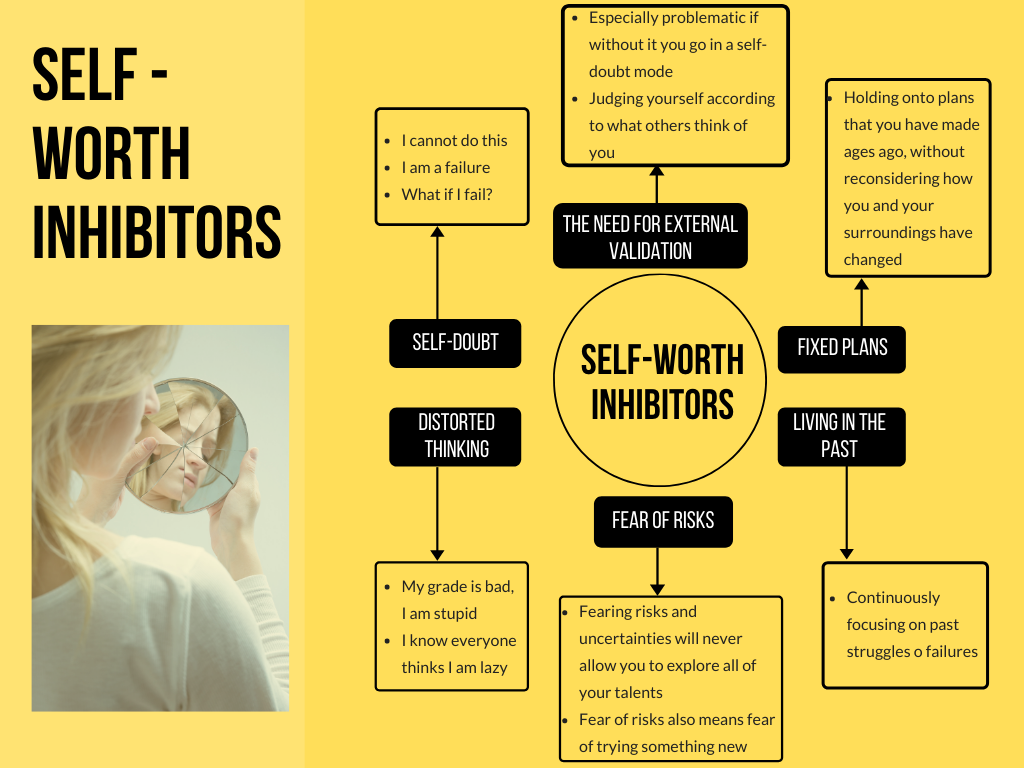
2. Stop rejecting calculated risks and fearing failure
Let’s put the (possible) anxiety aside for a moment. What is the biggest downside of the perfectionist? I think it is the fear to make mistakes, which in return, leads to avoiding risks at any costs. This is the case not only at work, but also in any other pore of one’s life. Personal relationships, choices of clothing and hair style, even eating habits and hobbies.
More often than not, the perfectionist will avoid even the tiniest of risks in her or his lifestyle, because the mere idea of possibly failing or not excelling in what they do, is paralyzing. Sadly, however, this means that although we are not failing, we are not experiencing much of outstanding success either. When I say success, I do not necessarily mean money or status or results at work, because I believe defining success is subjective. However, regardless of what success means to you, if you are running after perfectionism, you are running away from success because you will sabotage every possibility to develop and fight for your values, beliefs, and ideas.
3. Stop people-pleasing
People-pleasing combines the two above-mentioned points in one.
On the one hand, it correlates to how we judge our self-worth because we learned as children that when we do something really well (or, perfect), our parents and teachers praise us or award us. Soon afterwards, we start to equate these achievements to our self-worth. At the same time, we continue to strive for them, even when we no longer desire them. Simply put, we prioritize pleasing the people around us and maintaining the image of the good child. A common occurrence is for example a child who stays in the family business and follows the footsteps of his parents, even though he has completely different desires.
On another note, people-pleasing correlates to risk avoidance because when we follow the rules that other people set for us, we please them; but, avoiding taking risks that might lead to breaking the rules, might also lead to joy. This is the curse of the good child who – once an adult – faces countless problems.
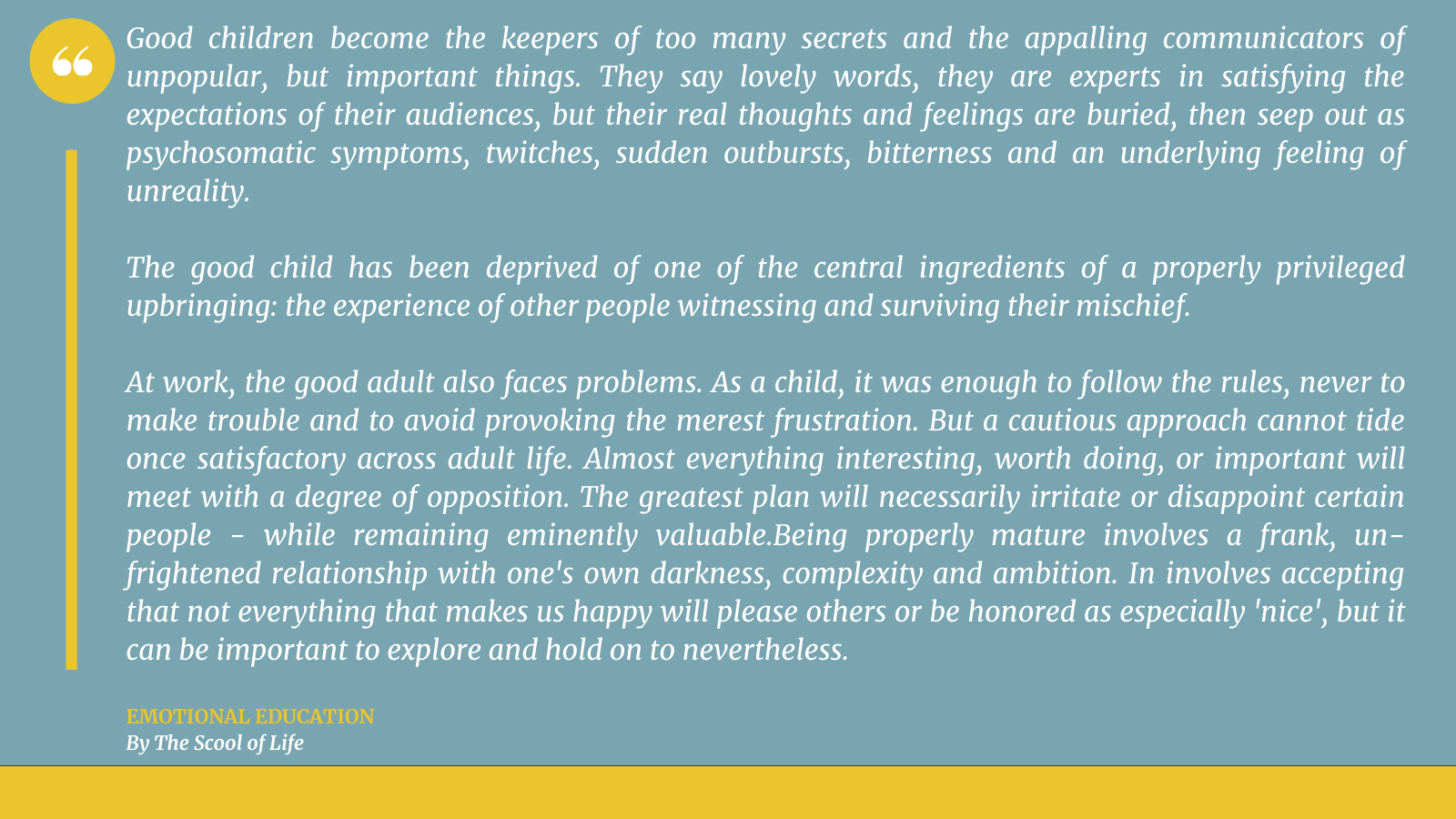
Recognizing perfectionism and anxiety in yourself and others
1. Behavioral signs of anxiety, especially procrastination and avoidance
For many people, this is the most surprising point. There is this deep-rooted idea that procrastinators are lazy people who do not care about their work. In fact, it is often quite the opposite. This TEDx talk on self-worth theory explains amazingly well from a psychological point of view why perfectionists tend to procrastinate and avoid addressing the issues at hand so much.
We used to think, in psychology, that if you really wanted to achieve, say, for success, then you would not automatically really want to avoid failure. But in fact, that’s not the case. There are actually two countervailing forces: we are driven towards success on the one hand; but, we are strongly and powerfully motivated to avoid failure on the other.
So, we feel stuck. And then, we get this insight, and we say, “If I don’t start now, I won’t get this done.” And the fear of not getting it done exceeds the fear of doing less than perfectly or to an exceptional standard or to as good as I did it last time. Because those of us who are perfectionists and procrastinate, we’ve often excelled at high levels in the past, we begin to internalize those standards and feel that we must meet them each time.
Nic Voge on a TEDx talk at Princeton University
2. Physical signs of anxiety
These most often include rapid heartbeat, trouble breathing, sweating, headache, stomach issues. In extreme cases, the anxiety can turn into a panic attack. Insomnia has also been correlated to anxiety, which can then worsen symptoms like memory issues, overthinking, and lack of patience.
Final Words
Perfectionism and anxiety are closely related to one another via many behavioral, physical, and emotional parameters. To truly overcome the need for perfection and the anxiety that yields from it, one must truly change their whole mindset. It starts with understanding that we are more than just quantifiable achievements; and, that high achievements do not speak in any way about how we are as friends, or partners; or, how much we help people; or, how empathetic we are. We are so much more than a GPA or work promotion.
Secondly, it continues with slowly starting to take risks. We can maybe get encouraged to try new approaches to an old problem, once we understand that even if we fail, we will still be just as worthy as if we have solved the problem without risking anything.
When we master these two, we can finally maybe stop people pleasing and procrastinating. With time, maybe all of those unpleasant physical manifestations of anxiety would also disappear.
Mental Health Awareness Month
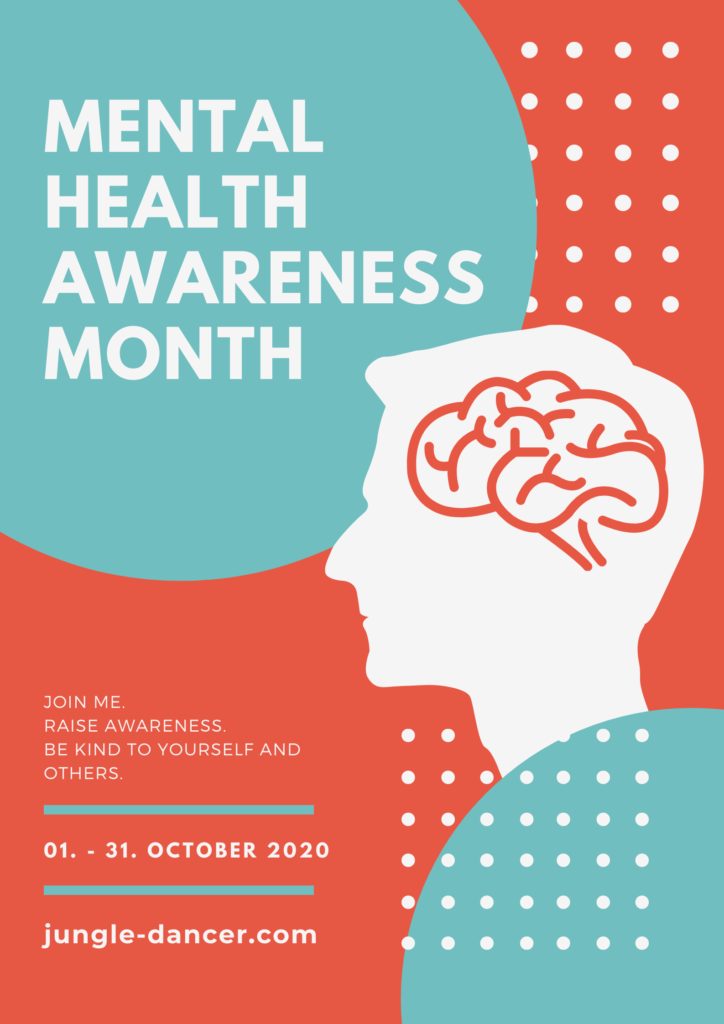
This post is the fifth one in my series on mental health. In case you have missed the first three, here is your chance to revisit them.
- Mental health and the importance of self-knowledge
- How do our relationships influence our mental health?
- How are our hormones and emotions correlated?
- High-functioning depression and distorted thinking
October is a mental health awareness month, so I am inviting you all to think about this topic and your overall psychological and emotional well-being. This should no longer be a taboo topic.
If you like what you read, stay tuned for new posts every Thursday and Sunday. If you think that the ideas I share could be of relevance to someone you know; to someone who struggles – please reach out to them. Be kind, be supportive, be caring. Thank you.




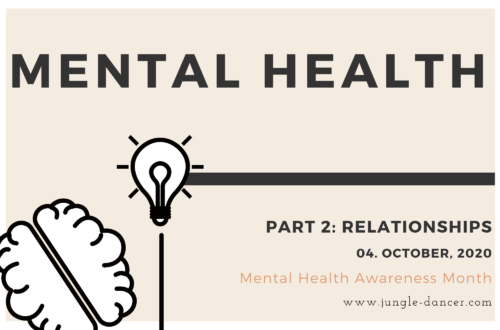
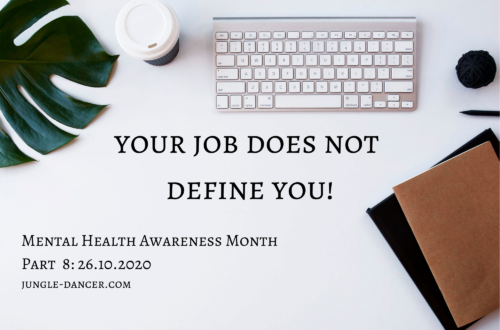
7 Comments
Nismabi
Keep doing……means a lot to me…with love and eager Nisma…india
Zainab Khursheed
Keep it up
Tammy Harris
What a great article! I deal with both and it can be very difficult at times. People don’t understand unless they are going through it also. Thank you for writing this and keep up the great work. From one fellow blogger to another~
Lauren
This is really really good. I’m a mental health professional and a passionate advocate for decreasing stigma around mental health. Thank you for this beautiful work!
Pingback:
Pingback:
Rye Saavedra
Perfectionism can be a double-edged sword. On one hand, it motivates us to strive for excellence, but on the other hand, it can lead to paralyzing anxiety and fear of failure. As someone who has struggled with perfectionism for most of my life, I know firsthand how this fear can hinder our progress. We become so focused on avoiding mistakes that we forget to take risks and try new things. The fear of failure can be especially damaging because it robs us of the opportunity to learn from our mistakes. Instead of seeing failure as a chance to grow and improve, we view it as a reflection of our worth as individuals. This mindset can be incredibly limiting and prevent us from reaching our full potential. So how can we solve the roots of this problem? It starts with changing our mindset and recognizing that failure does not define us. We are all human and we all make mistakes. When we embrace this truth, we can let go of the fear and start taking bold steps towards our goals.